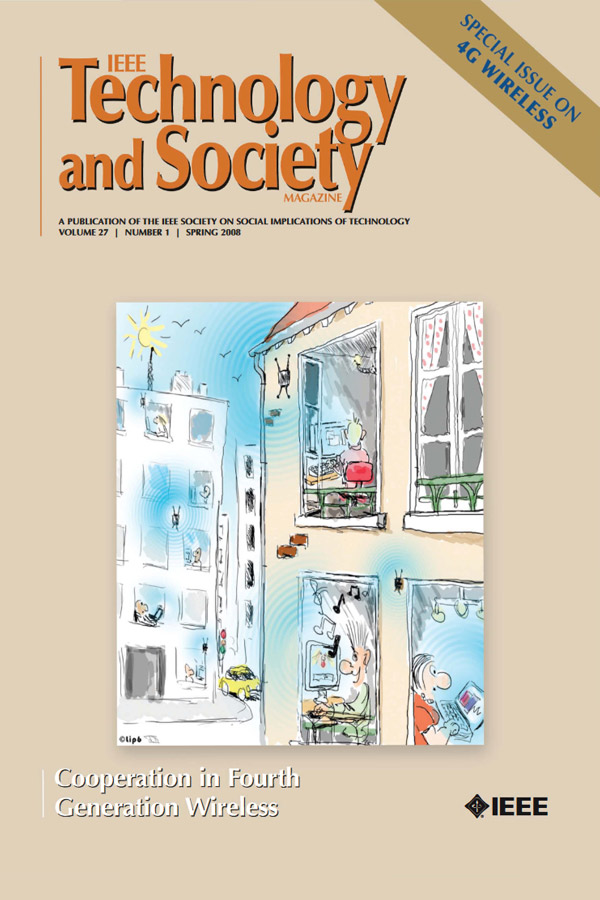Alien-Revolt: A case study of the first location-based mobile game in Brazil

de Souza e Silva, A. (2008). Alien-Revolt: A case study of the first location-based mobile game in Brazil. IEEE Technology and Society Magazine, 27 (1), 18-28.
Abstract: Location-aware technology and Internet connectivity embedded in mobile phones allow users to navigate physical spaces and be connected to other users, bringing many activities formerly performed “online” to physical hybrid spaces. Among such activities are location-based mobile games (LBMGs), which use urban spaces as the game scenario. This article is a case study of Alien Revolt (2005-2007), the first Brazilian LBMG, released in 2005 by the company Mind Corporation and the operator Oi in Rio de Janeiro. The game uses Java-enabled cell phones equipped with location awareness to transform the city into a battlefield. Following much of the Swedish game Botfighters’ (2001-2005) idea, the first LBMG, Alien Revolt’s goal involves virtually shooting other players within a specific radius in the city space. Alien Revolt exemplifies how cell phones strengthen users’ connections to physical space, because they are used as collective communication devices, rather than personal private technologies. Moreover, when used for location-based activities, the cell phone plays the role of a location aware technology, rather than a mobile telephone used for two-way voice communication.